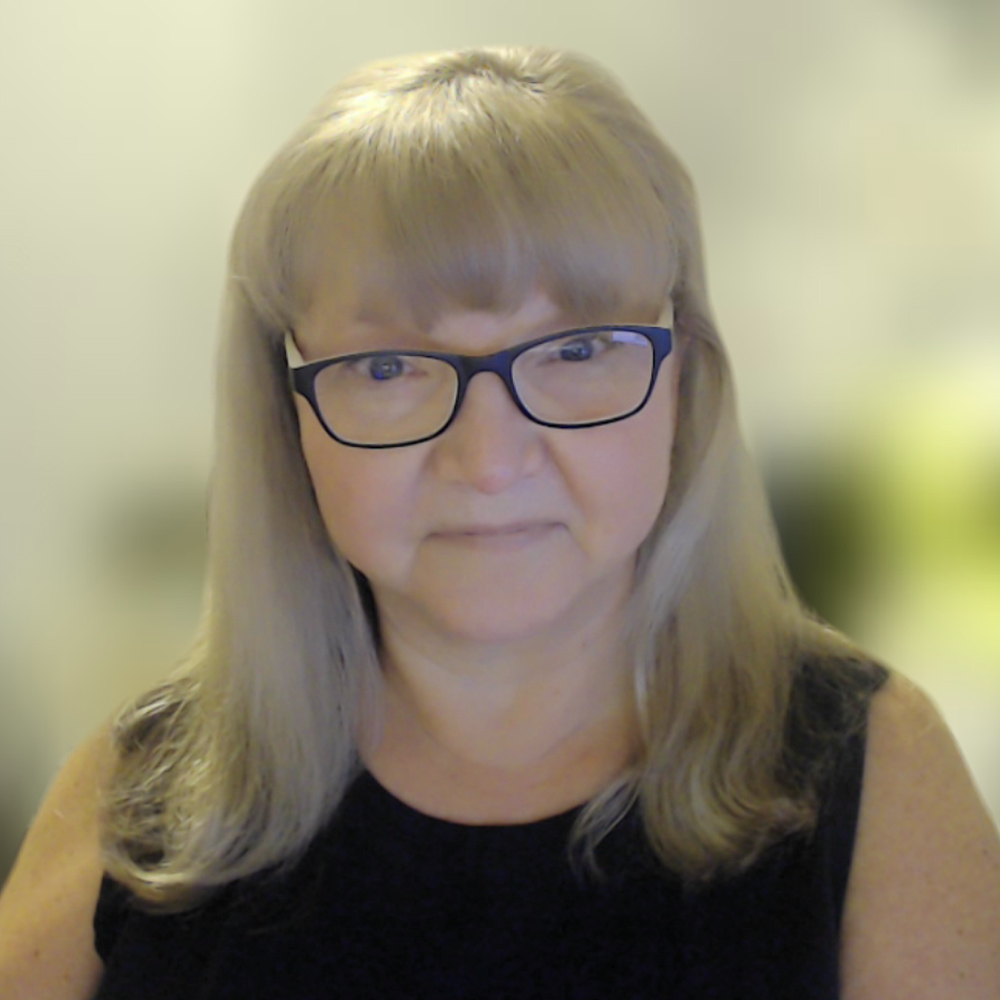
Presenter(s)
Event Details
Topic:
augmentative and alternative communication (AAC)
Format:
lecture
Subject Level:
beginner
Age Span:
N/A
Target Audience:
AT specialist
autism specialist
consultant
family member / caregiver
special educator
speech language pathologist
university professor / personnel
Professional Development Credits
IACET CEUs:
.01 CEU
ACVREP CEs:
1 CE
Presentation Length: 1 hour
Date and Time (Central Daylight Time):
- October 24, 2025
- 12:30 PM - 1:30 PM
Location:
Plaza 5
Description:
Selecting appropriate AAC systems can be overwhelming for educators, speech-language pathologists, and families due to the vast range of device features. Without clear guidance, teams may default to familiar or popular products, potentially overlooking systems better suited to individual student needs. This session will simplify the AAC feature-matching process, providing practical strategies for aligning AAC features—such as access methods and language representation—with student profiles. Participants will receive direct training in using Oregon’s ECHO Voices AAC feature-matching matrix, a resource developed to support team-based, consensus-driven AAC decision-making. Real-world case studies from ECHO Voices will illustrate how intentional feature matching improves communication outcomes. Attendees will leave equipped with actionable tools and strategies to make informed, individualized AAC decisions.
Learning Outcomes:
As a result of this activity, participants will be able to:
• Define at least three key components of AAC feature matching and explain how each influences individualized AAC selection for students with complex communication needs.
• Identify two common pitfalls in AAC system selection and describe strategies to avoid them, ensuring that device choice aligns with student-specific communication profiles.
• Demonstrate the ability to use the ECHO Voices AAC feature-matching matrix by completing a guided case-based activity during the session, applying the chart to inform decision-making.
Disclosures:
Financial disclosures: Kelly does small contract work and training for educational agencies and for several A.T. companies, but is not a full-time employee of a company or receiving any compensation from those companies for presenting this content. She is the co-author of 2 Books on QIAT: Quality Indicators in Assistive Technology. She receives compensation from CTG for preconference presentations. Non-financial disclosures: Kelly is a volunteer leadership team member of QIAT, of Wisconsin AAC Network, and WATRN (Wisconsin Assistive Technology Regional Network). She is a member of CEC, ISTE, RESNA, and USSAAC/ISAAC.
Financial Disclosures: Chandra is an employee of Douglas ESD, OTAP and RSOI programs Non-financial disclosures: none

Leave A Comment
You must be logged in to post a comment.